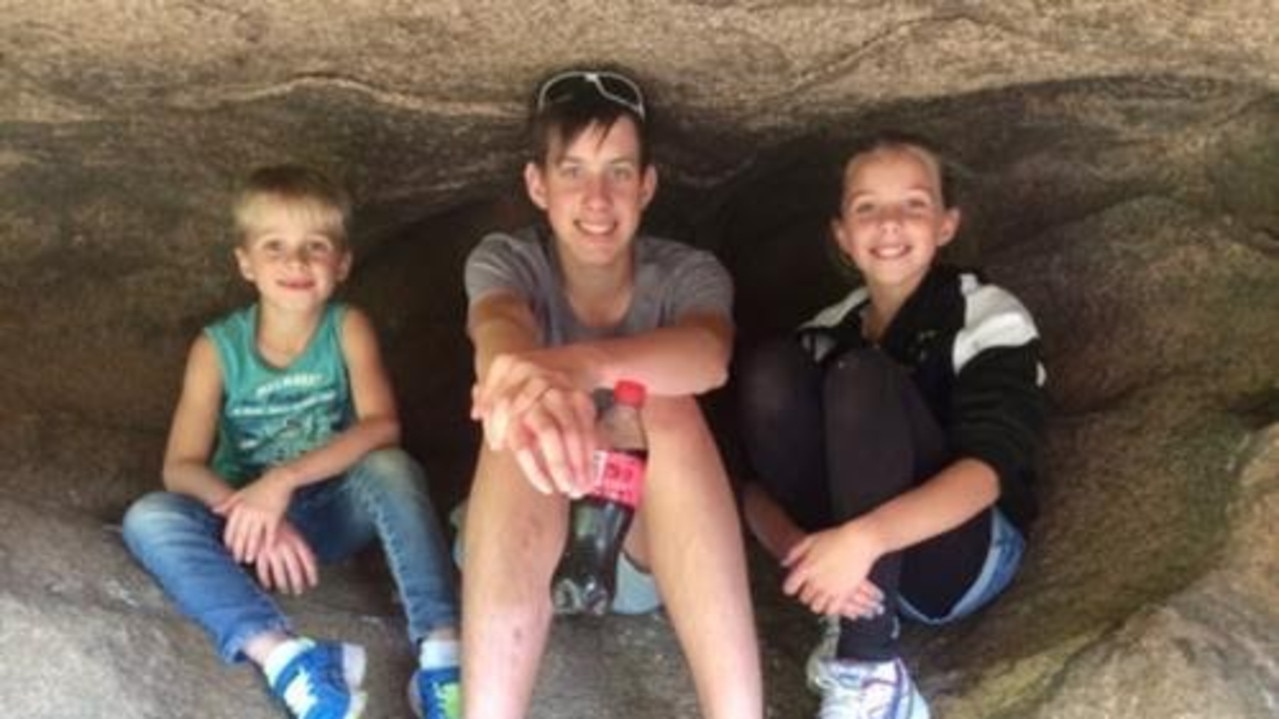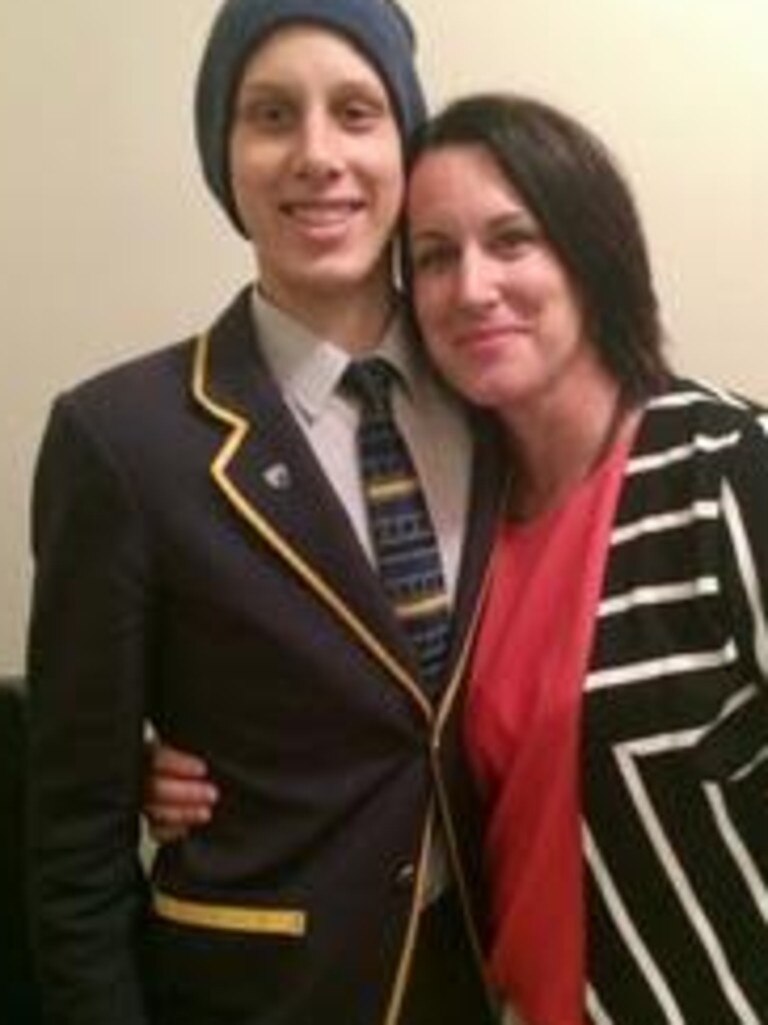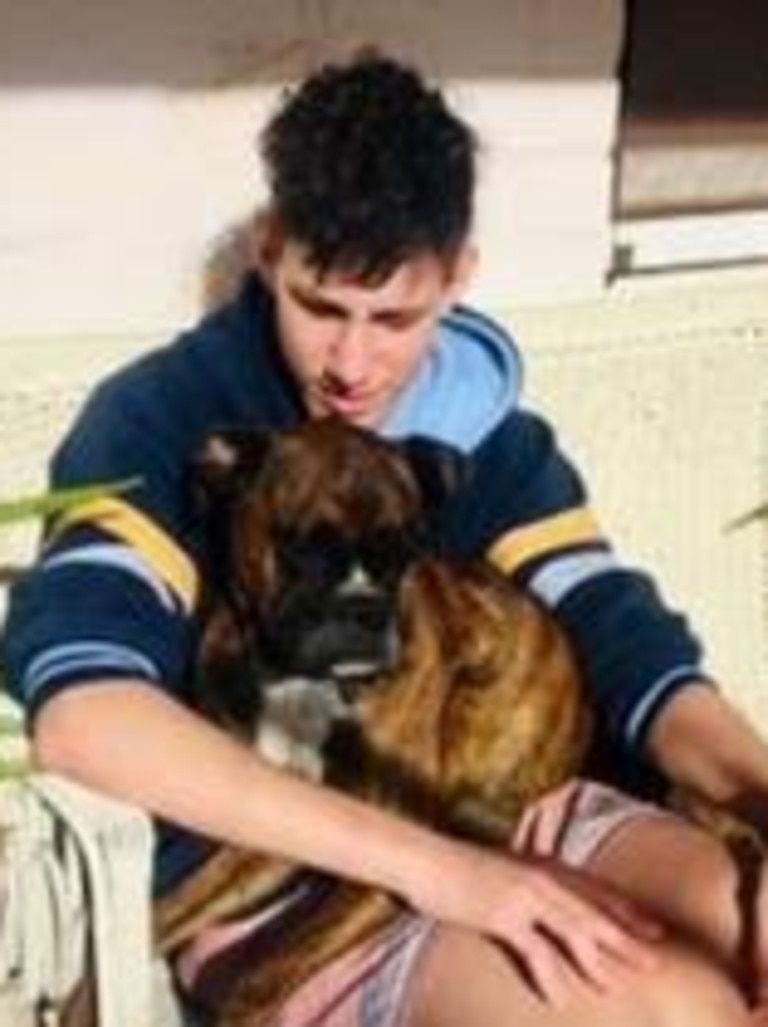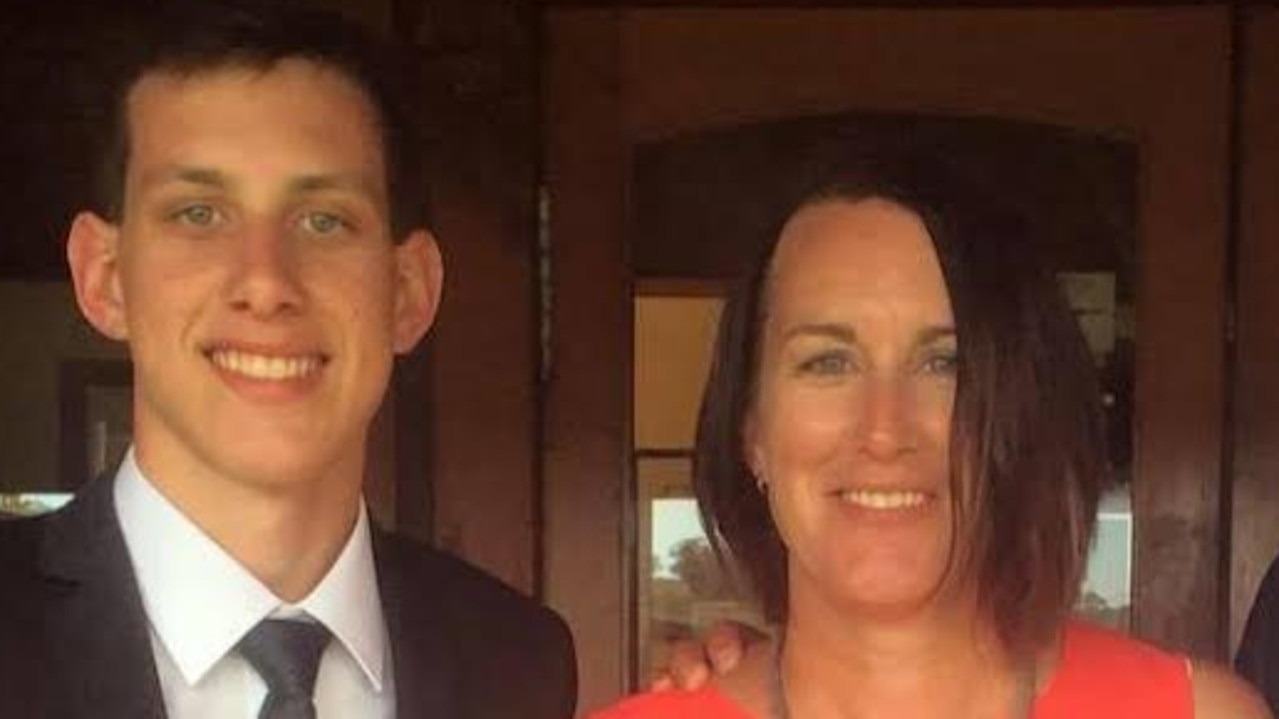‘Had enough’: Adelaide teen’s heartbreaking decision to end life after terminal illness diagnosis
The mother of a young Adelaide man who took his own life while suffering from a terminal illness has spoken out about her son’s journey.
The mother of a young Adelaide man who took his own life in 2017 after suffering from a rare cancer has spoken out about her families ordeal.
Rhys Habermann was just 17 years old when he was diagnosed with Ewing’s sarcoma - an aggressive type of bone cancer.
Two year later, after being told the cancer had spread throughout his body, he sat his mother down.
The young teen had decided to end his own life.
“I never thought I’d find myself in such a position,” Rhys’s mother Liz told 7NEWS.com.au.
“But, sometimes life throws things at you, and you just have to roll with it.”

In January, South Australia legalised assisted dying with the state government committing $18 million over the next five years to supporting safe access to the service.
But for Rhys, it was never an option.
“People don’t like talking about death and dying, but we need to,” Liz said.
“We need to be compassionate, it should be a choice and most people won’t use it, but if we can help just one person not to suffer then our job is done,” she said.
“Parents don’t want to give up on their children but when they’re suffering so much you need to look at it with kindness and compassion.”


Final months
In a particularly cruel twist of fate Rhys received the devastating news that his cancer had spread throughout his body on his 19th birthday.
“To be told straight up that it was terminal … it’s not just life-changing, it’s more … you don’t know where to go, and you feel very alone,” Liz said.
“We were told the cancer had spread and it was everywhere. It was just absolutely heartbreaking.”
He was advised to undergo further treatment to help relieve some of his pain, but decided against it.
“He didn’t want to be comatose in bed,” Liz said.
Rhys’s condition deteriorated to the point where one day Liz says she was out on a walk when Rhys called and said he couldn’t get out of bed.
“He couldn’t move, so we took him to the hospital, and they found a tumour on his spine,” she said.

When returning from the hospital, Rhys told his mother it was time.
“He’d had enough,” she said.
His final few weeks were spent with his parents, younger siblings and close friends.”
In January 2017, Rhys took his own life at home with his parents by his side.
Liz said Rhys taught her so many lessons during his life.
“He taught me all about compassion and understanding,” she said.
“What this disease does is just horrific, and if you’re not affected by it, you can’t even begin to imagine what it is like.”
Voluntary assisted dying
Voluntary assisted dying laws will soon allow terminally ill Australians in every state access to it.
Earlier this year, South Australia accepted its first requests for VAD after 16 previous attempts spanning 27 years, and NSW will be the last state to open up eligibility in late November.
The procedure remains illegal in Northern Territory and the Australian Capital Territory, with anyone found to have assisted a death potentially facing murder or manslaughter charges.
Voluntary euthanasia and physician-assisted suicide were legal between March 1996 and March 1997 in the Northern Territory under the Rights of the Terminally Ill Act (NT).
The Australian Government intervened in 1997 using the territories power in the Australian Constitution to pass legislation overturning the NT Act.

Then in December 2022, laws were passed by the Australian parliament to allow both territories to, at some stage in the future, legislate VAD.
The procedure is available in limited circumstances in Victoria, Western Australia, Tasmania, Queensland and South Australia, and will begin in NSW on November 28 this year.
Each state requires that applicants undergo a request and assessment process, which would typically involve each applicant making at least three requests for VAD and being deemed as eligible by at least two independent medical practitioners.
Applicants who have a change of mind or circumstance can withdraw their request at any time.
Those seeking VAD need to meet the eligibility criteria in their state, which includes being aged 18 or older, an Australian citizen or permanent resident and someone who has been a resident in the state for at least 12 months when they first request VAD.
The applicant must also be deemed to have decision-making capacity, to be acting voluntarily and without coercion, have an enduring request for VAD and have a disease, illness or medical condition that is advanced and will cause death.
In every state except Tasmania, the medical condition must be progressive; it needs to be incurable in Victoria, South Australia and Tasmania; and for Tasmania only, irreversible.
Across all states, the condition must be expected to cause death within six months, or 12 months if the person has a neurodegenerative disease, illness or medical condition.
-with Brooke Rolfe






